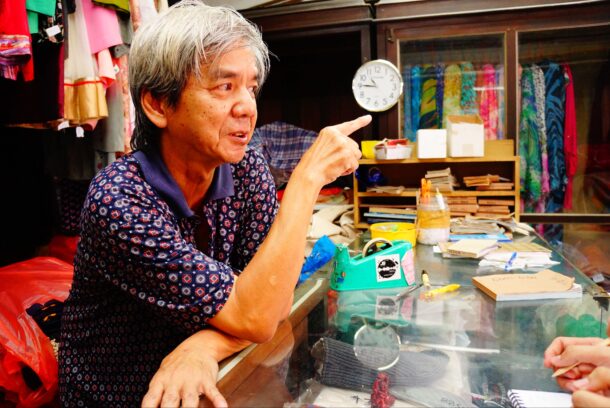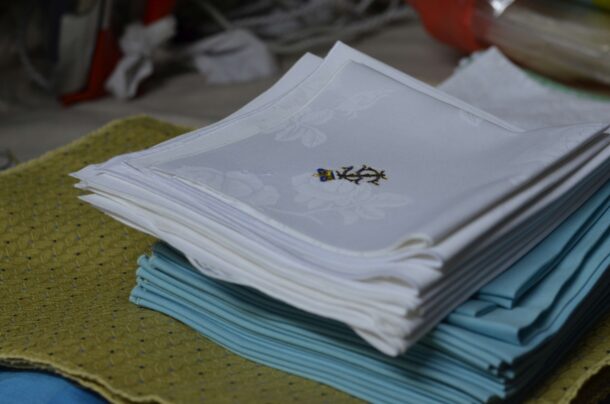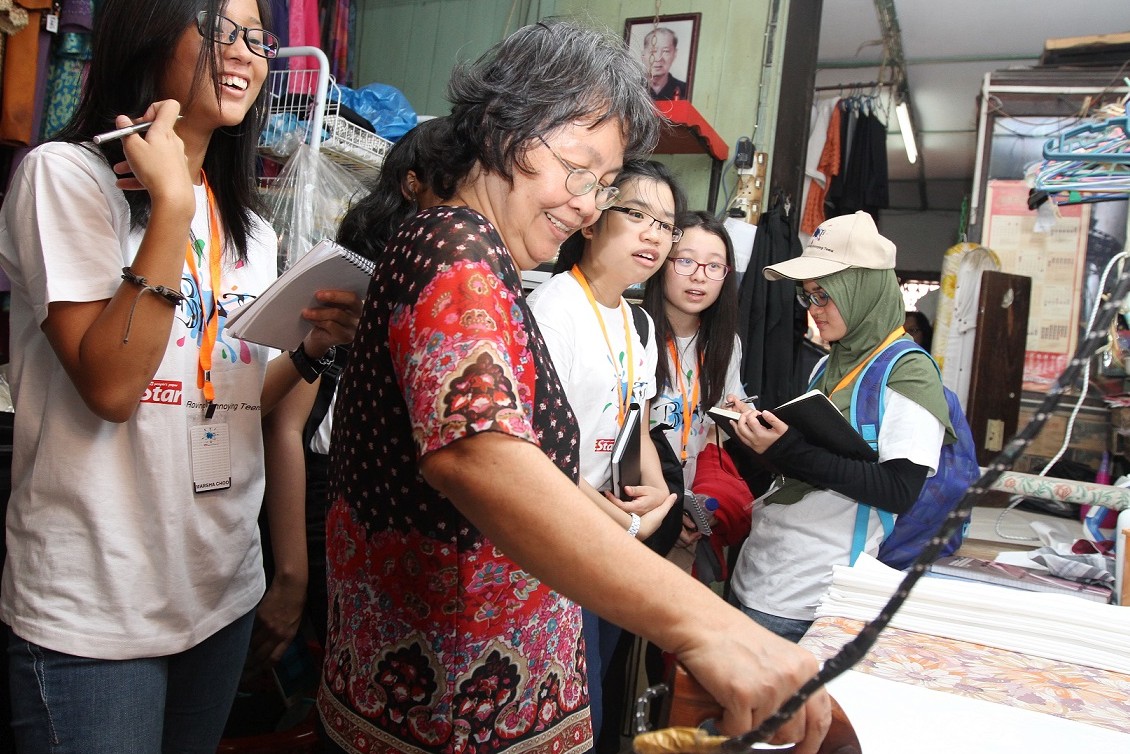By #TEAMIAN
brats@thestar.com.my
THE story of Jalan Tan Hiok Nee in Johor Baru reads like a sweeping Hollywood epic. It has gangsters, secret rituals, World War II tragedies and heroics, romance and – most recently – a happy ending.
Since it was officially recognised by the Johor State Government in 2009 as a heritage street, the place has been given a new lease of life. Today, generations-old businesses sit side-by-side with modern, trendy establishments; and everyone seems to be getting along just fine.
“We haven’t had any problems,” said David Yee, 35, assistant curator to the Johor Bahru Chinese Heritage Museum on Jalan Tan Hiok Nee.
The old and the new have co-existed wonderfully.”
Those who want to know about Jalan Tan Hiok Nee’s history, and indeed that of Johor Baru, should pop by the museum to speak to Yee, who has a wealth of knowledge and interesting stories to tell.
He spoke to us about the origins of the street, and how it was where immigrants from China would gather, as the various Chinese associations were based there.
Also based there was the Ngee Heng Kongsi, one of the so-called “secret societies” of the day. And the leader of Ngee Heng was none other than Datuk Tan Hiok Nee, who was one of the most influential businessmen in Johor Baru, establishing Ngee Heng as the dominant gang in the city.
According to Yee, they were even endorsed by Sultan Abu Bakar, and allowed to carry out activities like the sale of opium and liquor, and the right to operate movie theatres.
“Their members operated using secret hand signals, and these signals could get them out of trouble,” said Yee. “To join the gang, you would have to prove yourself by working hard for the gang and showing that you knew the signals in a special ritual.”
Those stories seem a far cry from what the street is like now. There are modern cafes, art galleries, a frozen yoghurt bar and even a container cafe.
Yeo Mei Ying, 31, owns the Evangelione Doll House on the street, selling handmade dolls, portraits and sculptures. She can’t tell how the locals feel about her tiny business just yet, having just started up not long ago, but she feels a great deal of pride to be part of the new Jalan Tan Hiok Nee.
“My father is happy that I am back at the place where he once grew up,” she said.
Right opposite her doll house sits the hidden treasure that is Kedai Dhoby Shanghai, where the amazing couple of Chiew Kek Whye and Cindy Chow have been running a laundry business for decades.

Chiew inherited Kedai Dobi Shanghai from his father, and has been doing the Sultan of Johor’s laundry for decades now.
Chiew inherited the business from his father, who during World War II helped protect those wanted by the Japanese by hiding them in the upper floor of the two-storey shophouse.
His is mother, who speaks Japanese, worked as a translator for the Japanese troops, but she did so much more than just translate. The families of those who were about to be executed by the Japanese would turn to her to help plead for mercy, and she was often able to save them.
One story, however, stays painfully fresh in Chiew’s mind. “She had helped so many people, but one day they came to take my father away, and she wasn’t around. Thankfully, someone told her about it and she rushed to where the Japanese officers were based, and made it there in time to save my father,” he said.
Chiew would take over the business years later when he decided to settle down after falling in love with his pen pal, Chow. For the past few decades, Chiew and Chow have spent every day working together side-by-side in his father’s humble yet historic shophouse, doing laundry by hand for a host of loyal customers, including the Sultan of Johor.

A stack of napkins in the shop, bearing the Sultans emblem. Chiew and Chow had to start work at 4am every day during the Sultans recent coronation!
On the other side of the street, you’d find probably the most ambitious new project there — the Eh He cafe and art gallery.
The space was opened just three months ago by a group of young people who decided to preserve the old corner lot at the top of the street and inject it with a healthy dose of arts and culture. It has already housed two exhibitions so far.
Low Shi Jian, 19, is part of the team that works at Eh He, and he explained the space’s curious name. “When you look at the words ‘earth’ and ‘heart’, they both have the word ‘art’ in them. Take the letters A, R and T away, all you’ll be left with is ‘eh’ and ‘he’, which are completely meaningless words.
“Similarly, if you take the art away from the earth and the people’s hearts, everything will be meaningless too,” said Low.
Eh He’s purpose isn’t just to promote art, said Low, but to also preserve the history and cultural heritage of the area. “We hope to infuse art and fresh ideas into this cafe, and introduce the rich history of Johor Baru to others,” he said.
Teh Kian Beng, 63, is part of that rich history. He owns a tiny watch servicing booth on Jalan Tan Hiok Nee, and has been in the business for nearly 50 years now. He remembers the days when Ngee Heng Kongsi dominated the street.
“They used to extort money from us, but that stopped in the 1980s. Many of their members have already retired,” he said.
Evidence of their way of life is still preserved at the Johor Bahru Chinese Heritage Museum where Yee works. The most dedicated Ngee Heng members used to be given coins, which they would wear on their belts as a status symbol and to intimidate others. A collection of these coins now sit in the museum.
The museum building itself has an interesting story — it used to be the home of business tycoon Robert Kuok, whose family used to run a sundry shop on the ground floor. Now, the Tionghua Association maintains it, along with all the artefacts that were donated by people from across Johor Baru, including many from Jalan Tan Hiok Nee.
“It was the Tionghua Association that applied for the street to be a heritage area,” said Yee. “We wanted to preserve its history, not just to attract foreigners, but also locals, who are becoming increasingly interested in our own history.”














Leave a reply